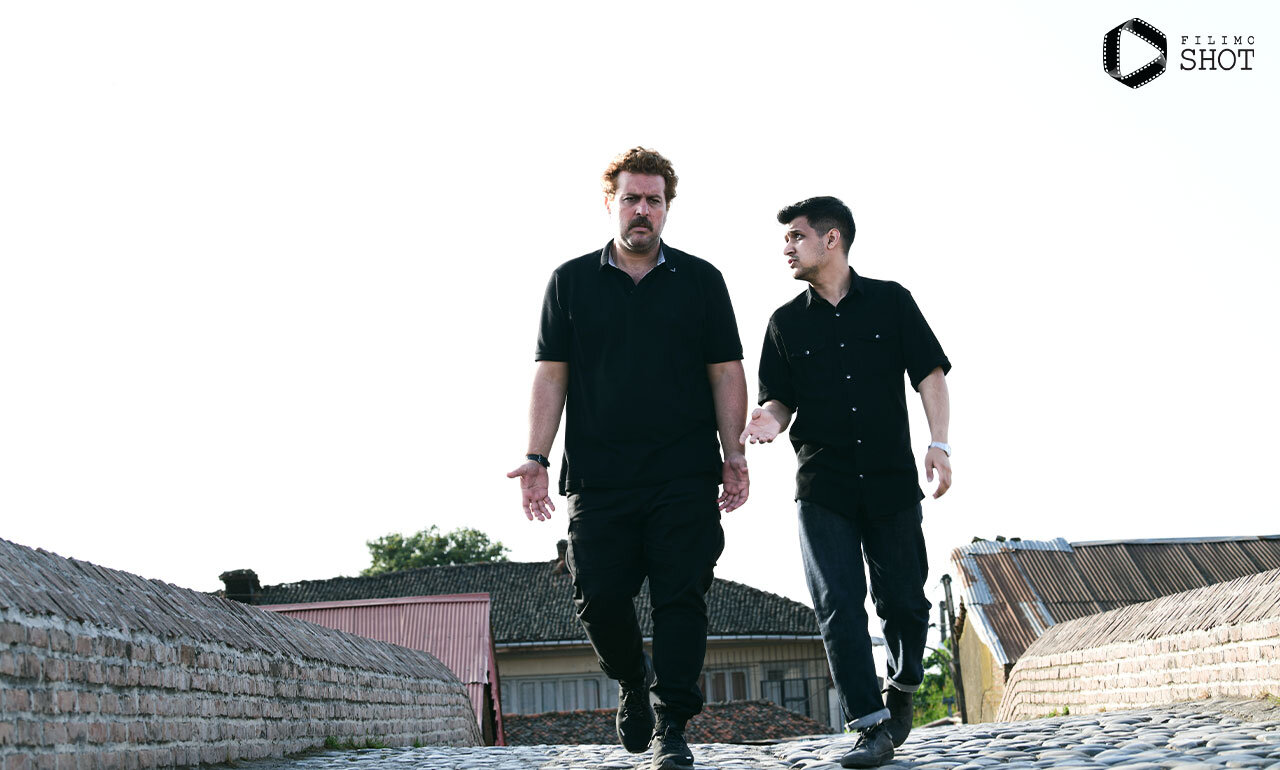Shocking Scenes at Zagreb Concert: Right-Wing Singer and Fans Perform Nazi Salute

Zagreb, Croatia – A massive concert in Zagreb has sparked widespread condemnation after a hugely popular right-wing Croatian singer and an estimated 300,000 of his fans performed the controversial 'Za dom spremni' salute, a gesture associated with the fascist Ustaše regime during World War II. The incident has ignited a firestorm of criticism both domestically and internationally, raising serious concerns about the rise of far-right sentiment in Croatia.
The singer, whose name is being withheld to avoid amplifying his platform, was performing at a sold-out event at the Zagreb Fairground. Video footage circulating widely on social media shows the artist leading the crowd in the salute, accompanied by the chant “Za dom spremni” (meaning “Ready for the homeland”). The salute, along with the slogan, was a hallmark of the Ustaše, the Nazi collaborators who ruled a puppet state during the war and were responsible for the persecution and murder of Serbs, Jews, Roma, and other minority groups.
The concert, promoted as a celebration of Croatian national identity, has been accused of veering into dangerous territory. Critics argue that the display of the Nazi salute normalizes and glorifies a deeply troubling chapter in Croatian history. The incident happened despite prior warnings from Jewish organizations and historians about the potential for such displays of extremist symbolism.
“It’s deeply disturbing to see such a large crowd participating in a salute that is inextricably linked to the Ustaše and their horrific crimes,” stated Samuel Weiser, President of the Croatian Jewish Community. “This is not a harmless expression of patriotism; it is a direct affront to the memory of the victims of the Holocaust and a betrayal of Croatia’s commitment to fighting antisemitism and all forms of hate.”
The Croatian government has issued a cautious statement condemning the salute, but some critics argue that the response has been too weak. They point to a growing trend of nationalist rhetoric and symbols in Croatia, particularly among younger generations. Concerns have been raised about the influence of online platforms and social media in spreading extremist ideologies.
This incident occurs at a time of heightened sensitivity in Europe, with increased vigilance against the resurgence of far-right movements. The concert in Zagreb has served as a stark reminder of the importance of confronting historical revisionism and actively combating all forms of hate speech and extremist symbolism. The debate continues to rage on about how to balance freedom of expression with the need to protect vulnerable communities and uphold democratic values.
The long-term implications of this event remain to be seen, but it has undoubtedly shaken Croatia and sparked a crucial national conversation about its past, present, and future. Authorities are now facing pressure to investigate the incident and take steps to prevent similar occurrences in the future. The incident highlights the ongoing challenge of confronting historical legacies and safeguarding against the re-emergence of extremist ideologies.






